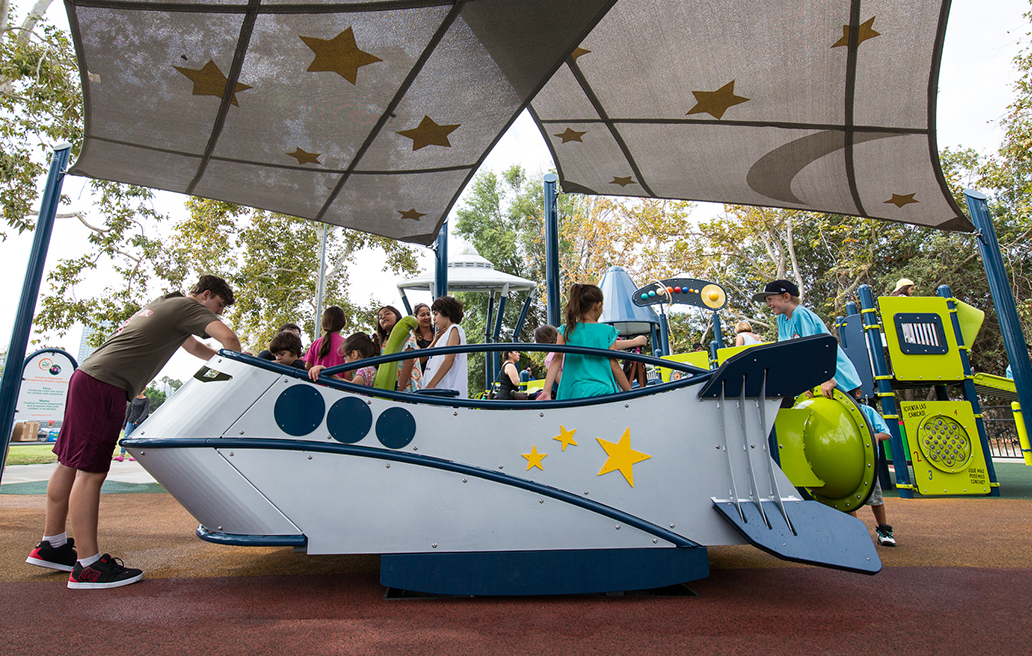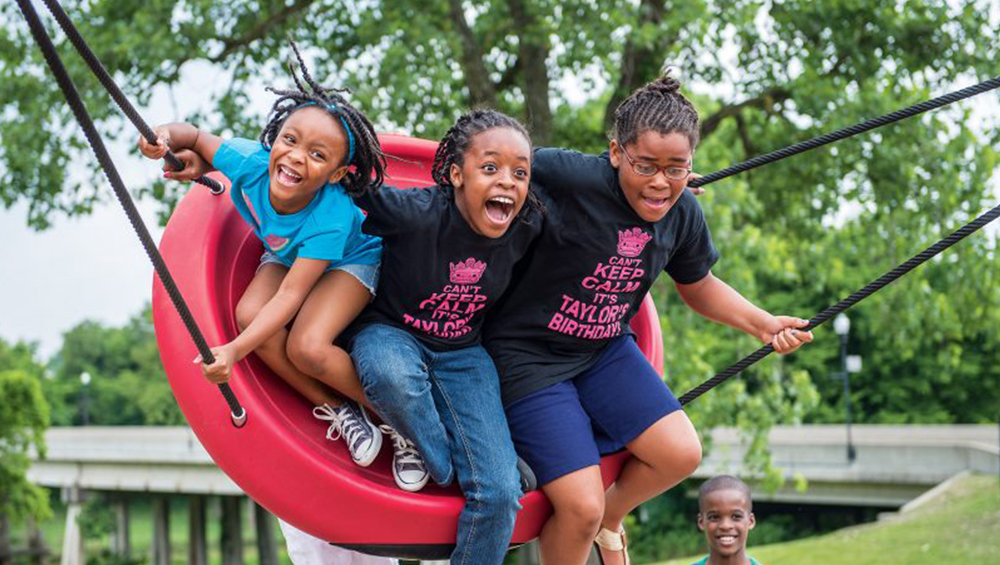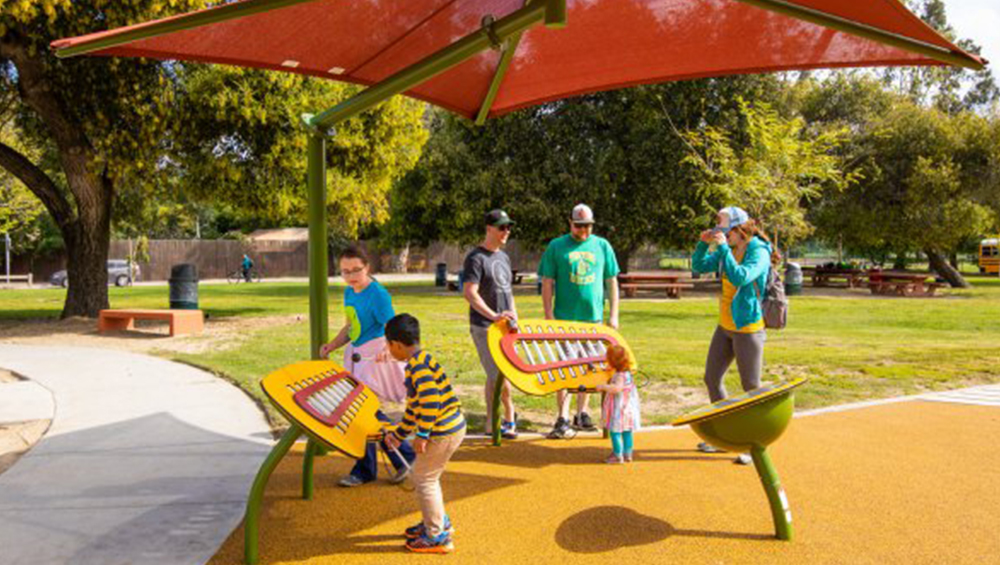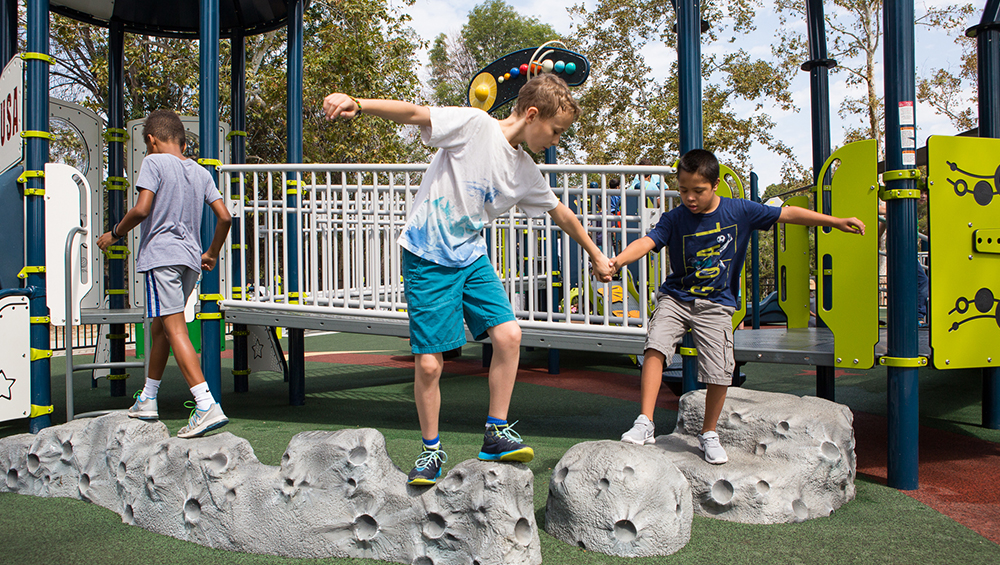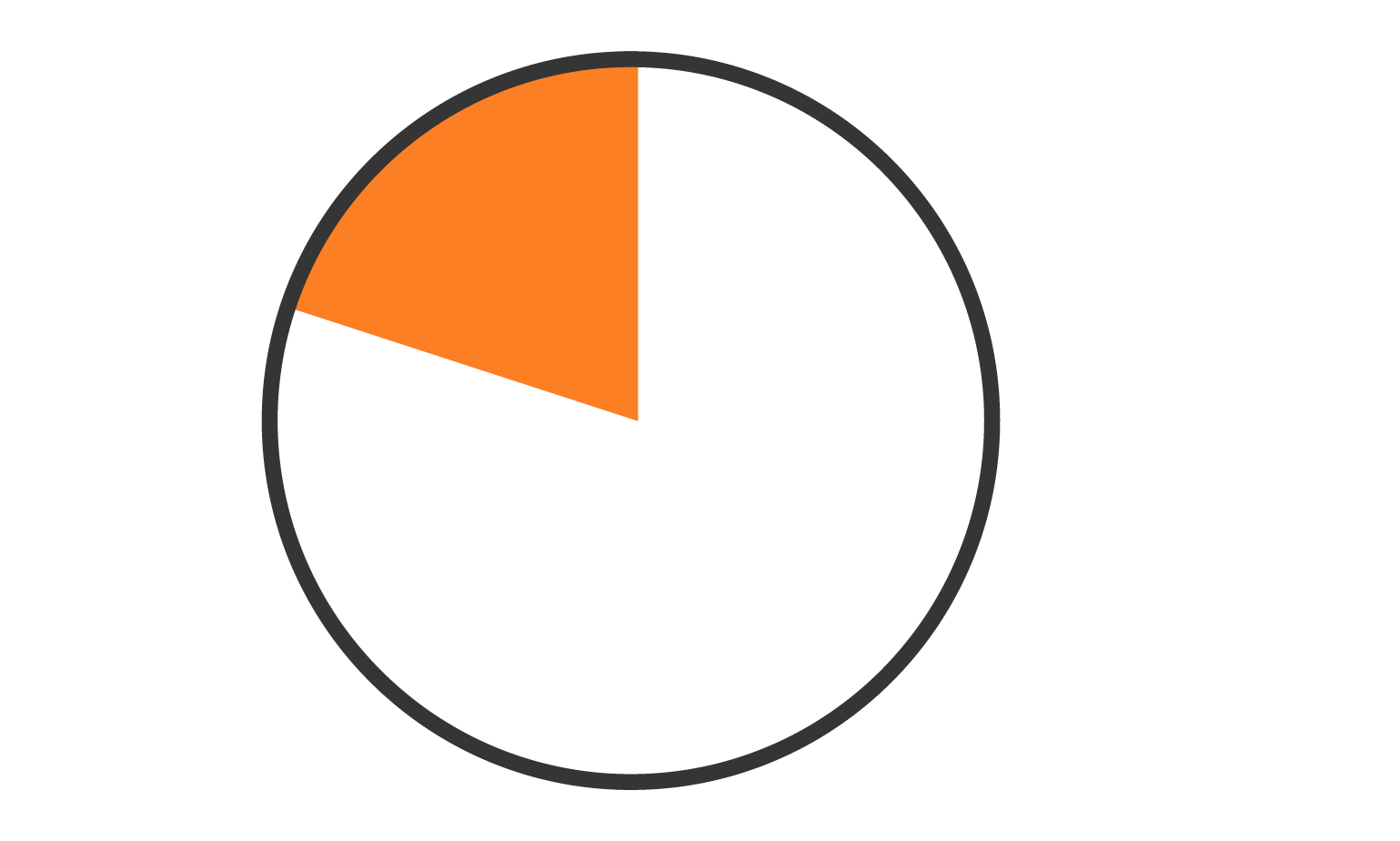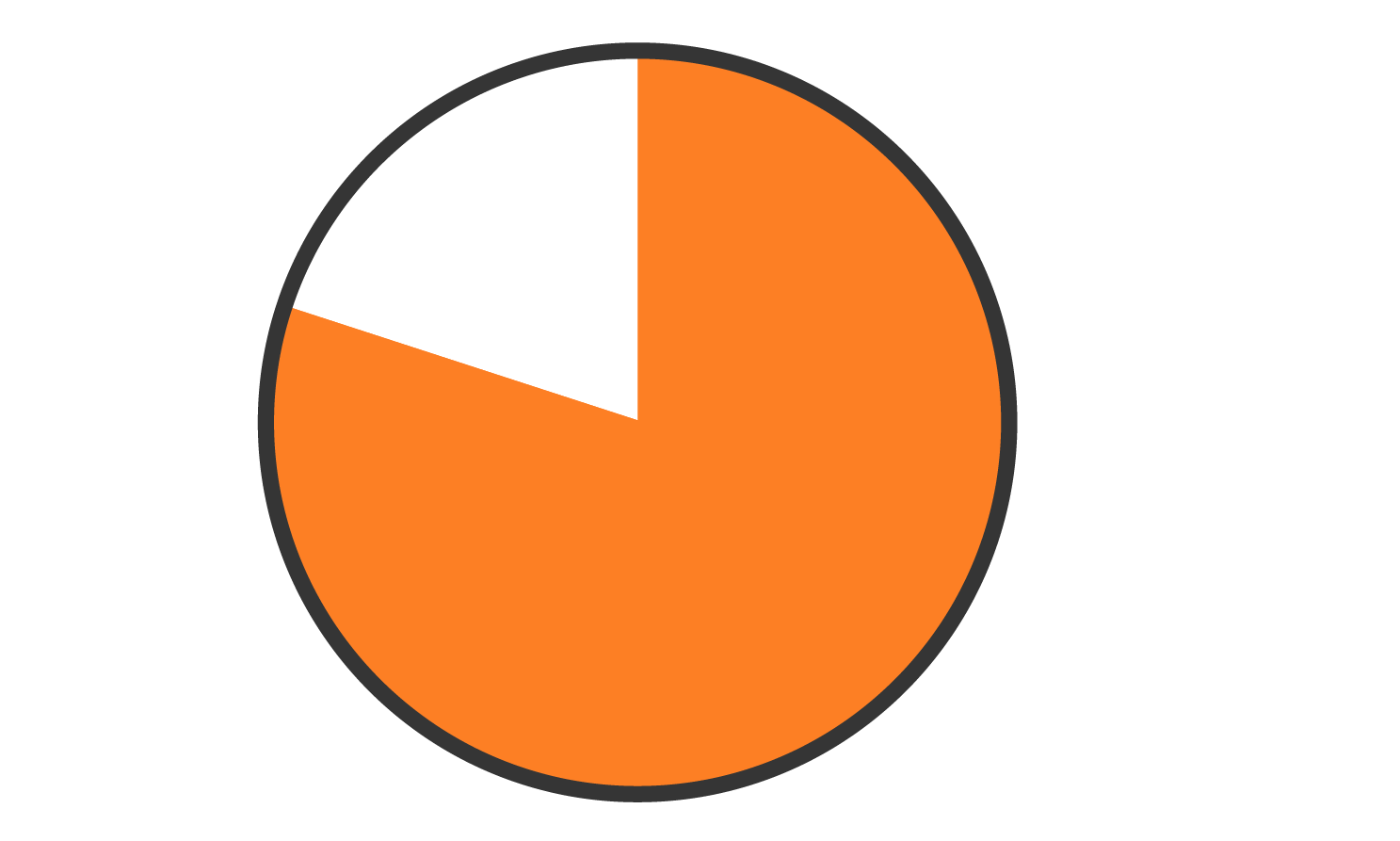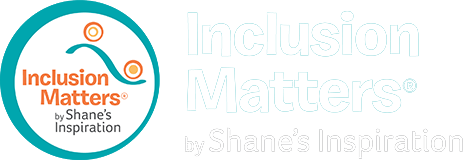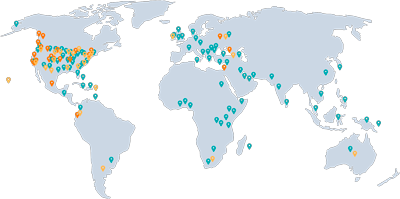My Playground®: The Power of Play
My Playground is our catalyst program that helps communities around the globe create fully inclusive playgrounds and programs that:
- Empower children with disabilities to be full, valued members of their communities
- Inspire advocates in the communities to create sustainable social inclusion
- Build community resources by bringing diverse partnerships together in a shared inclusion vision.
These unique, state-of-the-art play spaces meet critical child development milestones by offering a wide variety of activities that support a child’s physical, cognitive, social, and sensory needs.
Each one is designed to reflect the community it serves and is filled with rich and varied sensory play opportunities.



